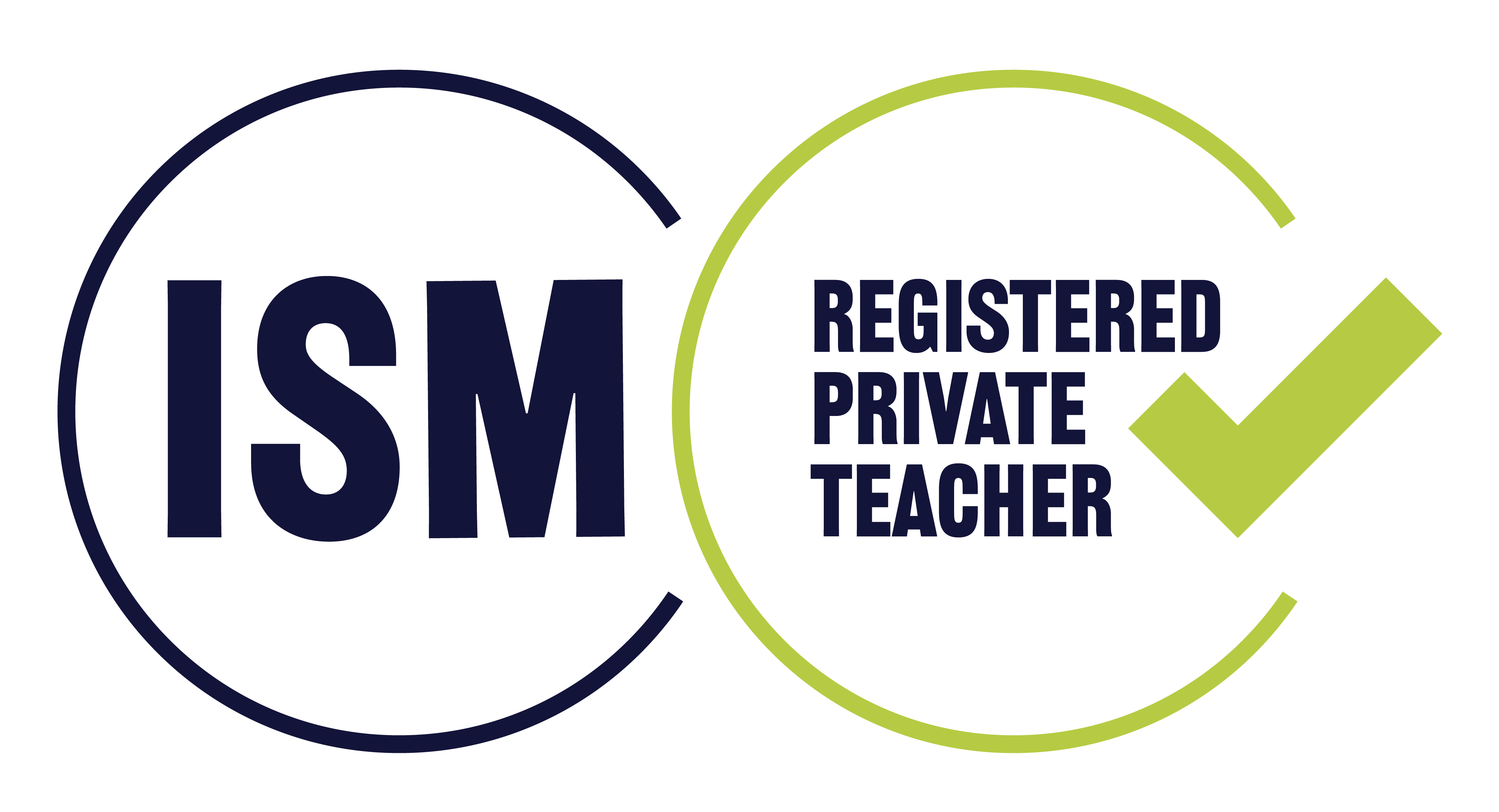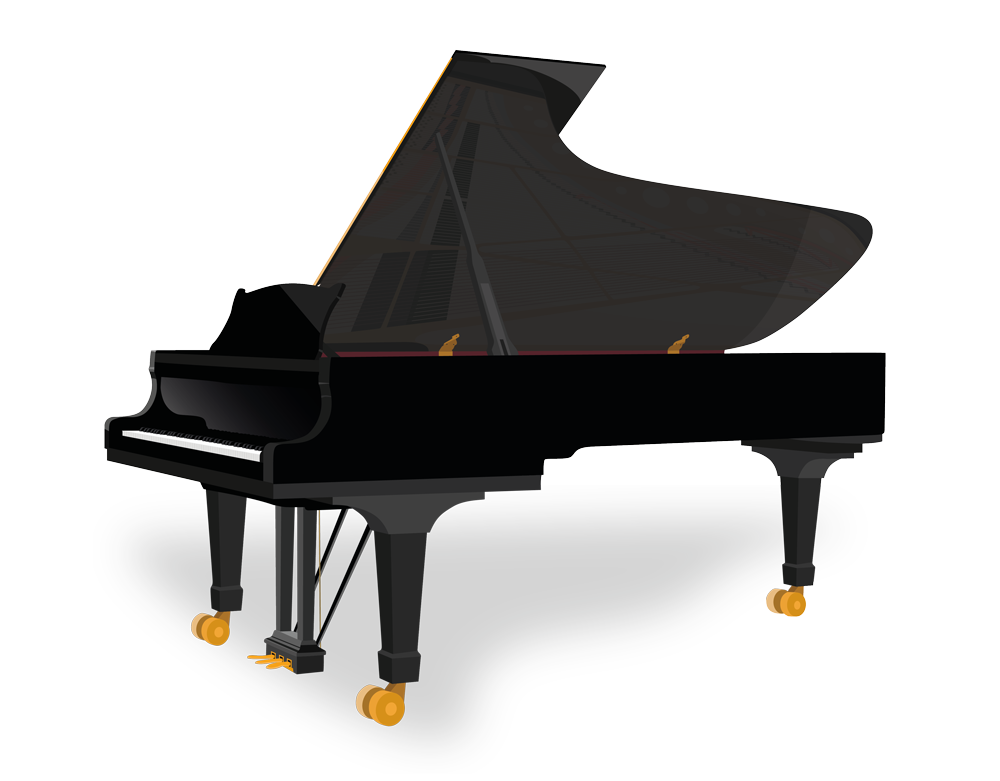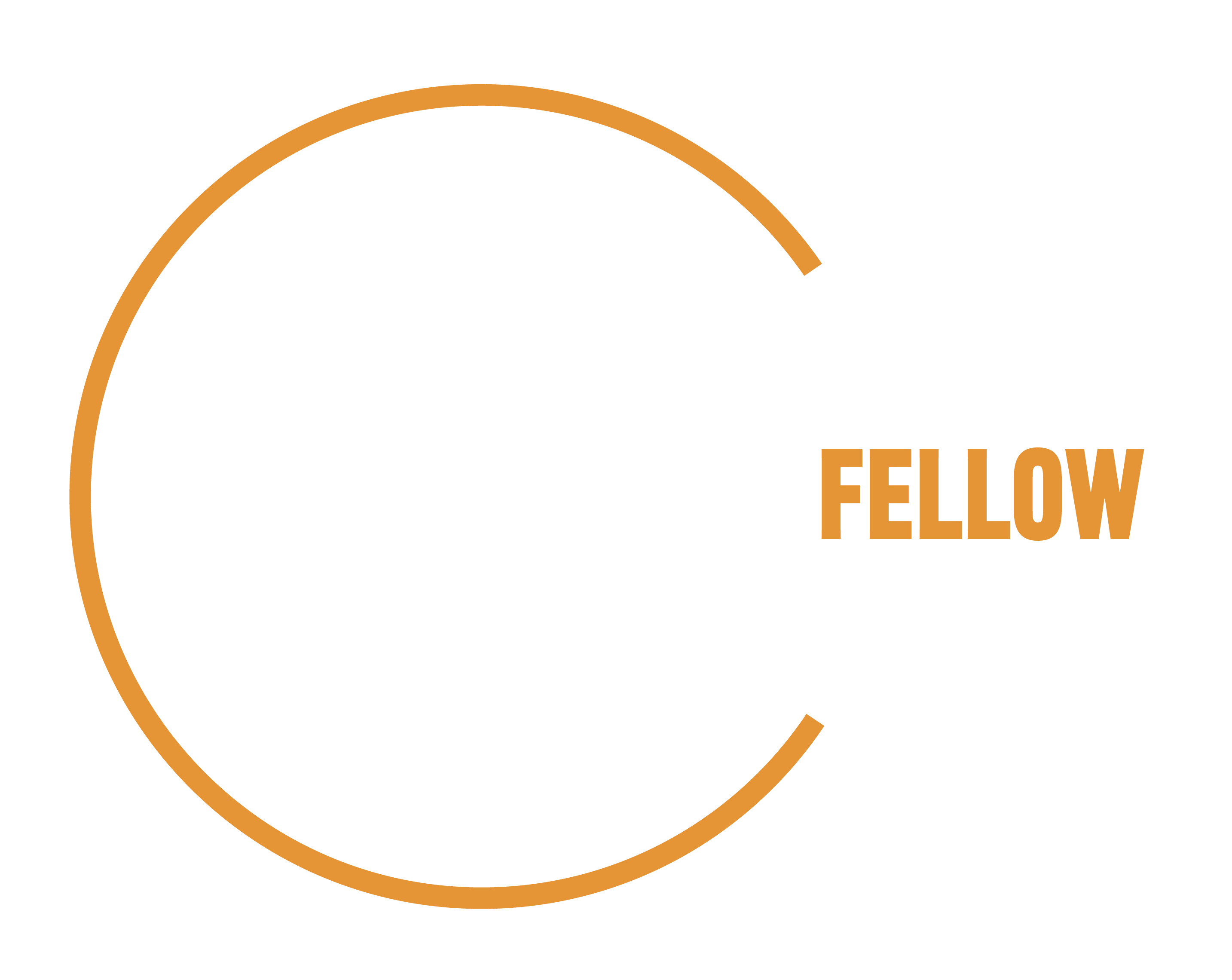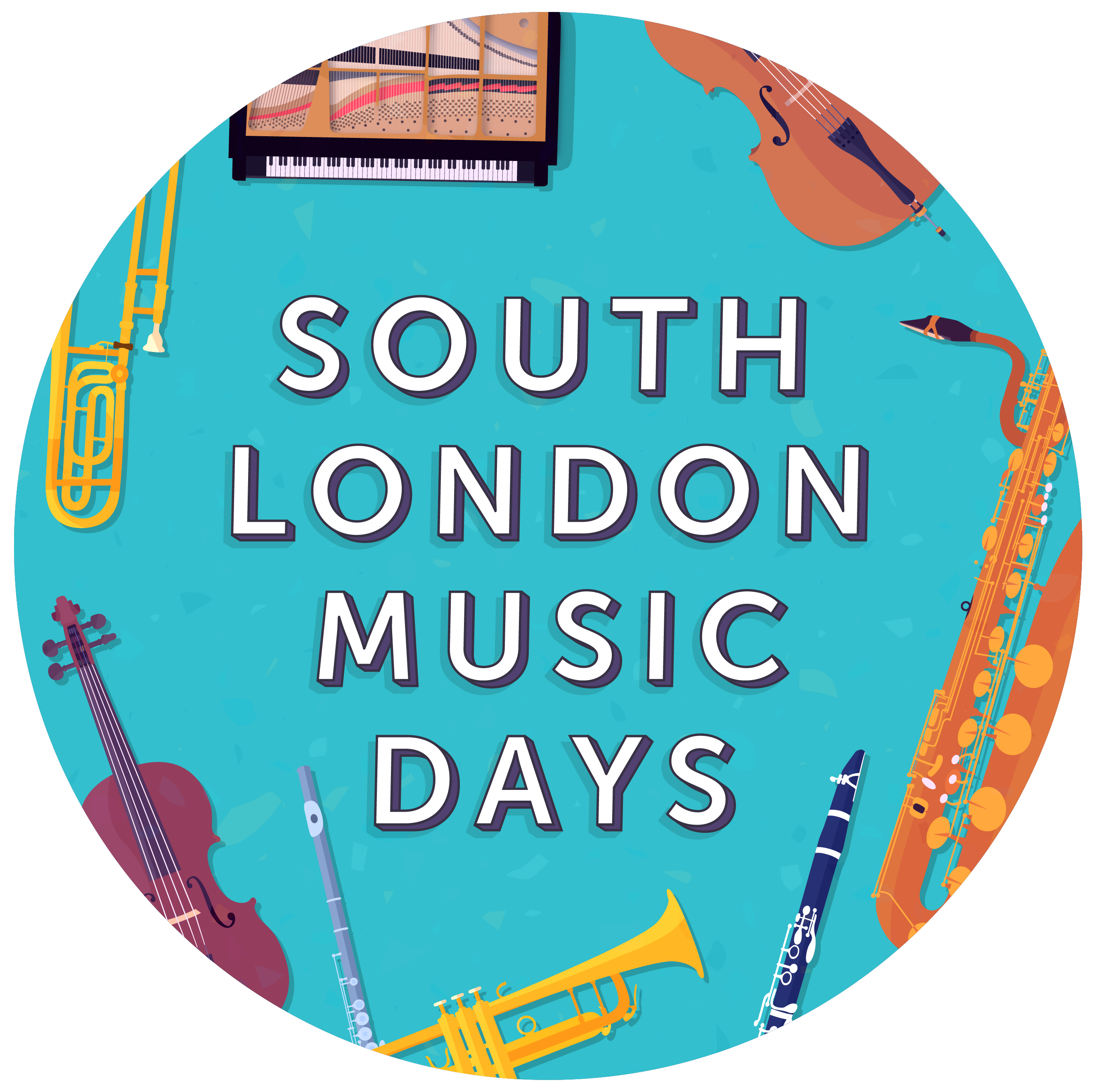
About
Hilary studied the oboe, piano and violin as a scholar at the North Bucks Music School before pursuing her studies on the oboe and piano at Trinity College of Music, and subsequently the Royal College of Music in London.
Principal oboist with the Camerata of London since its inception in 2000, she also works as a freelance musician playing in shows and concerts, particularly in London and the South East.
Oboe concerto performances with the Camerata of London, Milton Keynes Sinfonia, Surrey Sinfonietta and the London Rehearsal Orchestra (at the Edinburgh Fringe Festival) have included works by Richard Strauss, JS Bach and Alwyn, as well as the first performance of Allan Clay’s oboe concerto.
Hilary also performed the piano solo in Christopher Norton’s concerto for trumpet and piano with the composer conducting, in the Big Top at the Greenbelt Festival 2012.
As a chamber musician, Hilary has been a member of the ‘Arlequinade’ trio, Syrinx Octet and the Mildmay Wind Quintet, with performances taking her to such places as the Shetland Islands and Dubai. More recently she has worked with the Camerata of London Wind Quintet, whose concert venues have included No. 11 Downing Street!
Hilary has been an examiner for the ABRSM (Associated Board of the Royal Schools of Music) since 2015, working throughout the UK and internationally in such places as Hong Kong and Malaysia.
Recordings
2 tracks recorded for Richard Fay’s 2024 album ‘Flotsam’ – featured on the oboe and cor anglais
2 tracks from the Camerata of London Christmas Abum
– featured on the oboe

Hilary Dennis is widely regarded as one of the finest oboe teachers in the UK. I have known Hilary for 5 years but for many years prior to this I have seen her fantastic work with oboe students in the Croydon area. Students of hers have gone on to win major international prizes and most recently accepted positions in very highly regarded orchestras such as the Bavarian Radio Symphony Orchestra in Germany.
James Turnbull
Chair of the BDRS Society

My music teacher, Hilary Dennis… has been pivotal in helping me achieve two grade 5 distinctions on both instruments… She encourages me to play a diverse range of repertoire… She has shown me that the enjoyment and the pleasure derived from playing my instruments matters more than rushing through the grades... She also has very high standards, which ensures that I am always challenged to be the best I can be.
Current Student
Teaching
The benefits of music lessons
If you’re wondering whether your child can, or even should fit music lessons around their other studies, there has been a great deal of research showing the multiple benefits music lessons can have, from developing problem-solving abilities to improved memory functions. This 5 minute TED video by Anita Collins, an award-winning educator, researcher and author in the field of brain development and music learning, says it best:
Here’s an interview with my former student, Melanie Rothman, about her journey to life as a professional musician.

Oboe Lessons
I teach oboe students from beginner to diploma level. Oboists can start on ‘Junior oboes’ – see Howarth of London’s website for a description – from 7+, but a standard student oboe will be fine for older students or those with a larger hand span. I will be pleased to advise as to the best type of oboe before lessons commence. Lessons would normally take place once a week for 30 minutes, although an hour lesson is recommended at advanced levels. They can take place either online or in person (once the COVID-19 situation settles down) at my home or in school, if the student attends one of the schools I work in.
Reeds
I will give specific guidance about reed care in the lessons, but parents should be aware that reeds are very fragile and it is extremely easy to break them, so they may need replacing fairly frequently in the early stages. I would suggest that new students don’t try to play the reeds before their first lesson to avoid any disasters! As a guide you can probably expect to use 2-3 reeds a term with a normal practice routine. These should be soft or medium soft in the early stages and I will give specific advice regarding makes of reeds to purchase before lessons commence. Be aware there are a lot of poorly made reeds on the internet, so resist the temptation to buy ‘bargains’, as nine times out of ten they are unplayable or need a lot of adjustment to make them work.
Recommended sources for buying reeds:

Stamina
Playing the oboe requires the use of a small amount of air at high pressure, so large lung capacity isn’t necessary, but learning to breathe correctly and use accurate muscular support is important and will need practice. Occasionally a student may become dizzy/lightheaded, at which point it is best to sit down and put their head between their knees for a couple of minutes.
Practice
In order to make progress and maintain lip control it’s important to practise regularly. In the early stages just 10 minutes a day will suffice (a minimum of 5 times a week), but this will need to increase to 20 minutes for the early grades, 30 minutes at an intermediate level and 45 minutes - an hour+ from grade 7 upwards. This is just a rough guide and will vary from student to student; however, the crucial thing is to practise productively and carefully rather than just playing through everything once without any attention to detail.

Exams
I’m very happy to enter students for exams to give them ‘milestones’ but would emphasise that this is not the main purpose of playing and will encourage them to learn a variety of music, not just specific exam repertoire, to play in other settings like school assemblies, informal concerts, Double Reed Days and local music festivals such as the Coulsdon & Purley Music Festival.
Ensembles
I would encourage students to join an instrumental group as soon as possible, once they’ve learnt the basics, in order to learn skills of ensemble playing as well as benefitting from the experience of teamwork. These skills are not only transferrable to other areas but will also set them up for a potential lifetime of making new friends through music making.
Why Oboes Are So Expensive
Here’s an interesting video by Business Insider about how Howarth oboes are made and all the work that goes into them.

Piano Lessons
I teach pianists from beginner up to grade 8. As a guide I would normally start piano students from the age of 7, although I would consider taking on younger students if they can already read fluently. Lessons would normally take place once a week for 30 minutes, although an hour lesson is recommended at advanced levels.They can take place either online or in person (once the COVID-19 situation settles down) at my home or in school, if the student attends one of the schools I work in.
Practice
In order to make progress it’s important to practise regularly. In the early stages just 10 minutes a day will suffice (a minimum of 5 times a week), but this will need to increase to 20 minutes for the early grades, 30 minutes at an intermediate level and 45 minutes - an hour+ from grade 7 upwards. This is just a rough guide and will vary from student to student; however, the crucial thing is to practise productively and carefully rather than just playing through everything once without any attention to detail.

Exams
I’m very happy to enter students for exams to give them ‘milestones’ but would emphasise that this is not the main purpose of playing and will encourage them to learn a variety of music, not just specific exam repertoire, to play in other settings like school assemblies, informal concerts and local music festivals such as the Coulsdon & Purley Music Festival.
Cancellations
If you wish to terminate lessons then a term's notice is required.
ISM Conditions for Private Music Tuition
As a fellow of the ISM (Incorporated Society of Musicians), I offer music tuition under the terms and conditions as laid out the by ISM Agreement for Private Tuition, the terms of which can be viewed here.

Birdhurst Community Garden
Hilary is also a keen gardener and when she isn’t involved in music you’re most likely to find her digging in a garden somewhere – either her own garden or the award-winning ‘Birdhurst Community Garden’ which she helped establish in South London.

London in Bloom Award 2019

London in Bloom Award 2015

It's Your Neighbourhood Award 2014

It's Your Neighbourhood Award 2013







